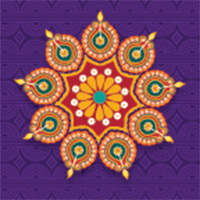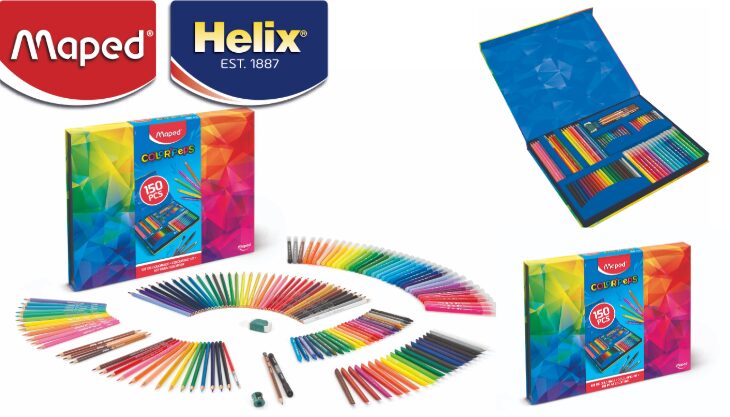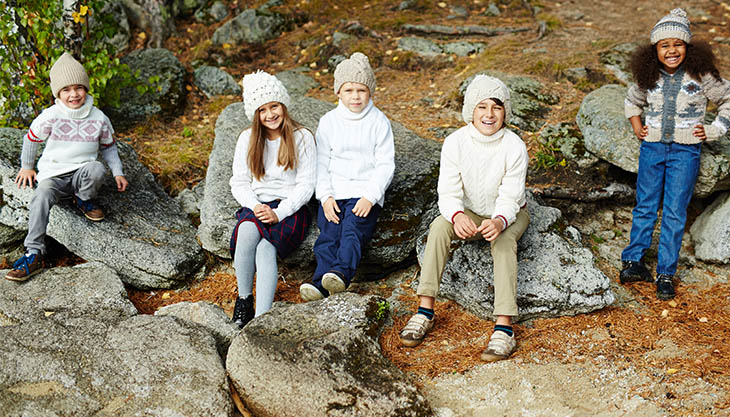DIWALI : The festival of lights
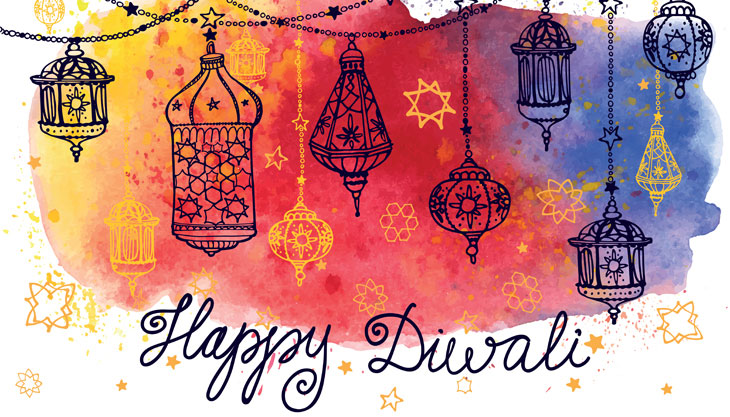
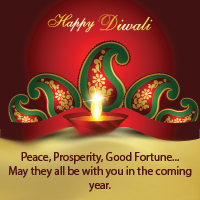 Diwali, also known as Deepavali, is one of the most significant festivals celebrated by Hindus, Jains, Sikhs, and some Buddhists worldwide. It typically falls in October or November and signifies the victory of light over darkness and good over evil. This year it falls on 20th October…
Diwali, also known as Deepavali, is one of the most significant festivals celebrated by Hindus, Jains, Sikhs, and some Buddhists worldwide. It typically falls in October or November and signifies the victory of light over darkness and good over evil. This year it falls on 20th October…
What is it all about?
Diwali is a five-day festival, with each day holding special significance and rituals:
Day 1 – Dhanteras: The first day marks the beginning of Diwali festivities. People clean their homes, buy new utensils, and worship Lord Dhanvantari for good health and prosperity.
Day 2 – Naraka Chaturdashi: Also known as Choti Diwali or Kali Chaudas, this day commemorates the defeat of the demon Narakasura by Lord Krishna. People light oil lamps and burst fireworks to symbolise the victory of light over darkness.
Day 3 – Diwali: The main day of Diwali, it is dedicated to the worship of Goddess Lakshmi, the goddess of wealth and prosperity. Homes are illuminated with oil lamps, candles, and decorative lights. Families exchange gifts, share sweets, and partake in a grand feast.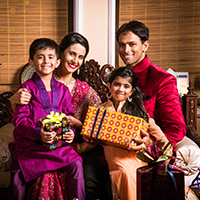
Day 4 – Govardhan Puja: This day is celebrated as the day Lord Krishna lifted the Govardhan Hill to protect the people of Vrindavan from torrential rains. Devotees create small hills of food and worship them.
Day 5 – Bhai Dooj: The final day celebrates the bond between brothers and sisters. Sisters apply a tika (a mark) on their brothers’ foreheads and pray for their well-being. It is a day of family gatherings and festivities.
The lighting of diyas (oil lamps) during Diwali symbolizes the dispelling of darkness and the triumph of light, knowledge, and righteousness. Fireworks are a popular part of the celebration, lighting up the night sky with colourful displays.
Delicious sweets and savoury dishes are an integral part of Diwali. Families prepare a variety of treats like sweets, snacks, and special meals to share with loved ones and guests.
In addition to the religious and cultural aspects, Diwali holds economic significance, as it is a time when people shop for new clothes, jewellery, and household items. It also marks the beginning of the financial year for many businesses in India.
Diwali is a time of unity, where people from various backgrounds come together to celebrate the festival of lights. It promotes the values of love, harmony, and the triumph of good over evil. Beyond its religious significance, Diwali has become a symbol of joy, hope, and the renewal of life, making it a cherished festival worldwide.
We wish you all a wonderful Diwali 2025 celebration!
